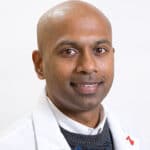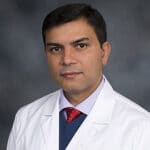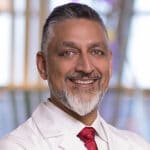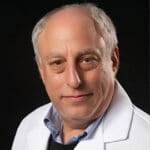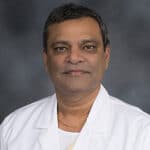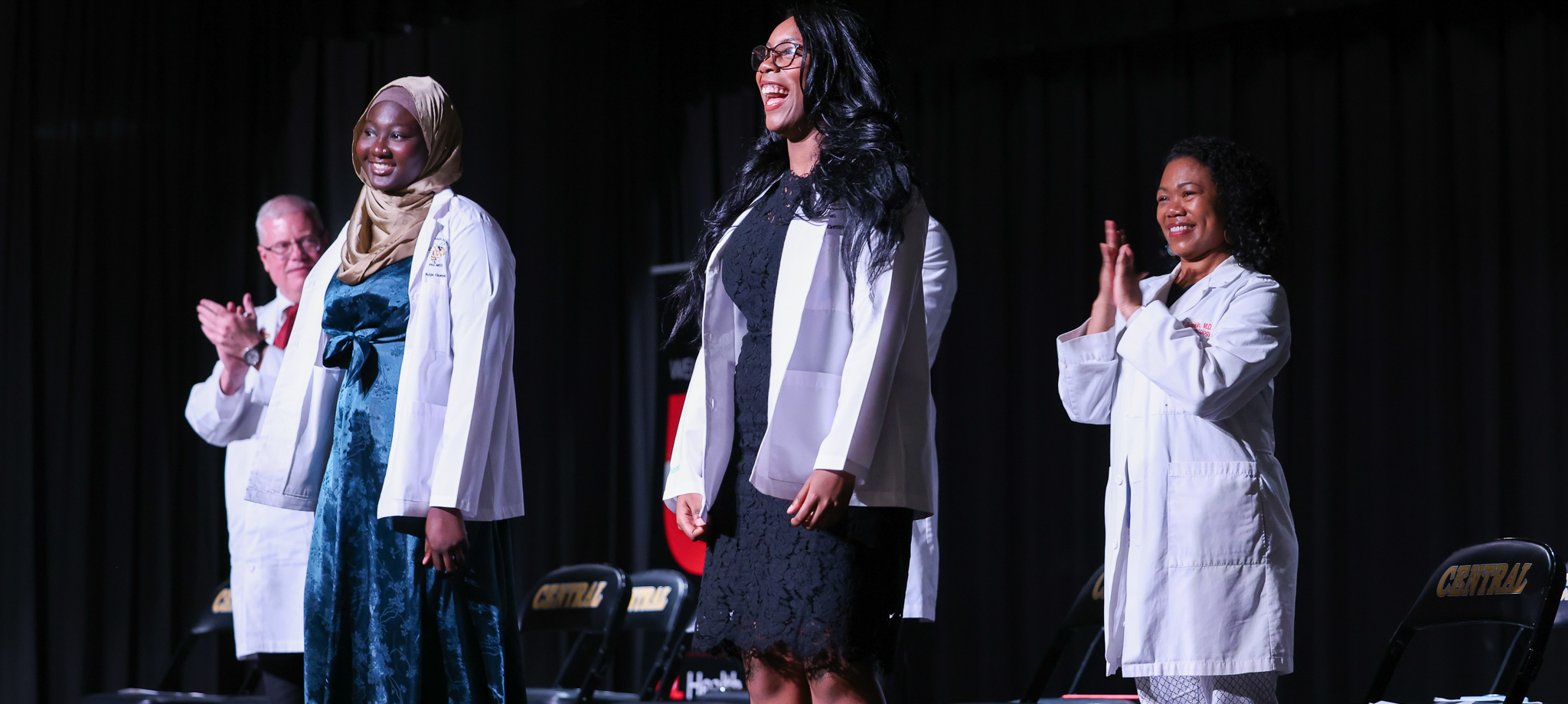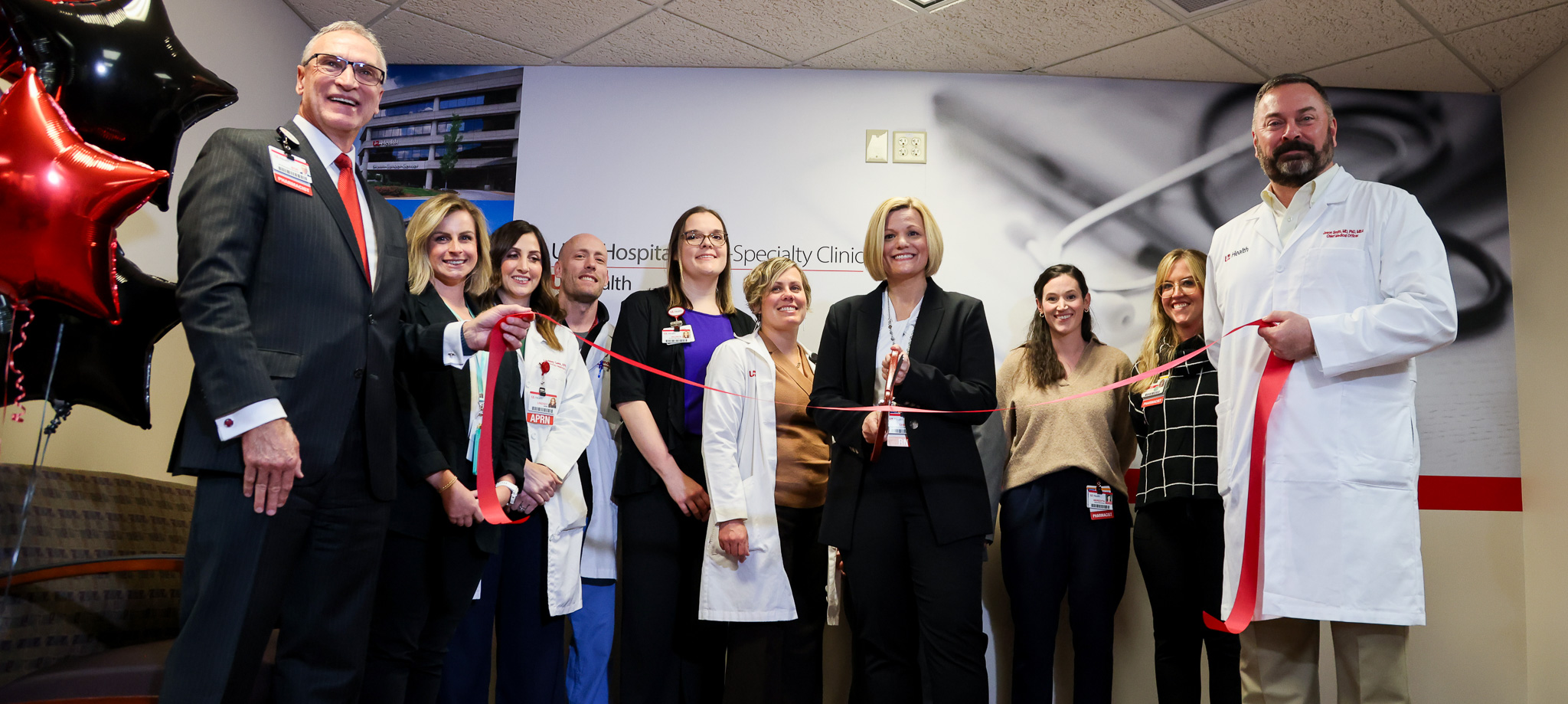Heart disease is the leading cause of death in the United States. Each year, more than 10,000 people lose their lives to cardiovascular disease, but the pioneering health care professionals at UofL Physicians – Cardiovascular Medicine are working to reverse those trends and help you and your loved ones live longer, healthier lives.
Our cardiology practice takes pride in being able to offer you the most advanced treatments available, with the widest range of procedures possible. Our cardiology doctors are dedicated to using their knowledge, skill and experience to improve the quality of your health because we believe that technology is best when it can help you enjoy the simple pleasures in life.
A longtime leader in cardiology, UofL Physicians offers some of the most advanced heart care available. Many of the cardiologists within the practice are on the faculty of the University of Louisville School of Medicine, bringing to their patients' innovative technology through the research conducted within the university.
When to See a Cardiologist
Heart disease is a broad term used to describe a range of diseases that affect your heart and blood vessels. The various diseases that fall under the umbrella of heart disease include diseases of your blood vessels, such as coronary artery disease, heart failure, heart rhythm problems (arrhythmias), heart valve problems (narrowing or leaks of the valves), heart infections, heart defects you’re born with (congenital heart defects) and heart tumors.
The term “heart disease” is often used interchangeably with “cardiovascular disease.” Cardiovascular disease generally refers to conditions that involve narrowed or blocked blood vessels that can lead to a heart attack, (angina) or stroke. Other heart conditions, such as infections and conditions that affect your heart’s muscle, valves or beating rhythm are also considered forms of heart disease. UofL Physicians – Cardiovascular Medicine specializes in the diagnosis and treatment of all diseases that affect your heart.
The signs and symptoms that relate to heart disease vary widely and can include:
- Chest pain, tightness, pressure and discomfort
- Shortness of breath
- Pain, numbness, weakness or coldness in your arms or legs
- Pain in the neck, jaw, throat, upper abdomen or back
Common symptoms are chest pain and shortness of breath. However, some people have no signs or symptoms. This is called silent Coronary Artery Disease (CAD). It may not be diagnosed until a person shows signs and symptoms of a heart attack, heart failure or arrhythmia. Know your risks and talk to your health care provider about CAD. Taking action to control your risk factors can help prevent or delay CAD.




